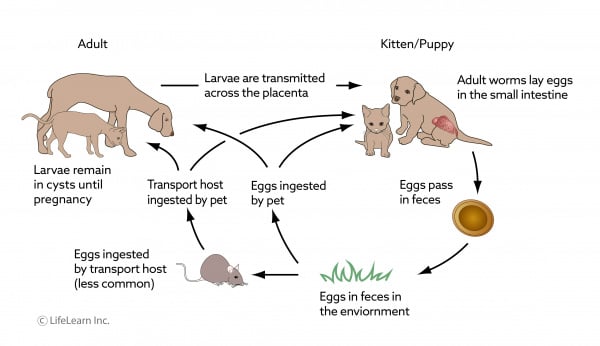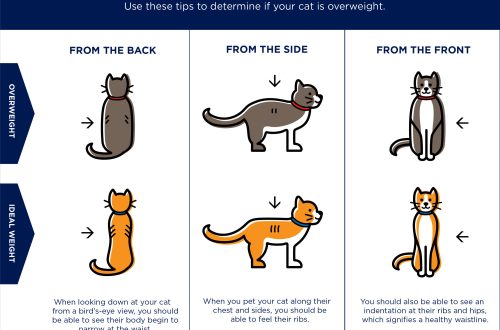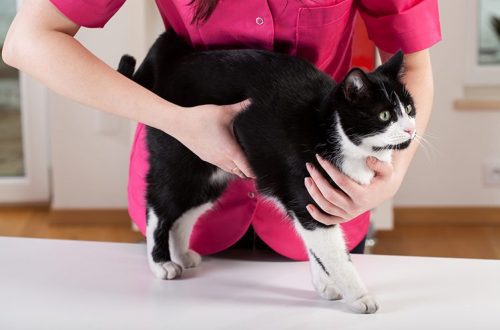
Ascaris in cats: symptoms and treatment
Roundworms Toxocara cati and Toxocara leonina are large roundworms belonging to the parasitic family. They affect representatives of the feline family and are transmitted through the ingestion of roundworm eggs. How to determine that they appeared in a pet?
Usually roundworms live in the intestines of the animal, but can also enter other organs through the bloodstream – for example, the lungs, liver, and even the brain. The disease that these worms cause is called ascariasis.
Contents
Reasons for the development of ascariasis
It is a mistake to believe that only a free-range cat can pick up parasites. An animal can become infected with ascariasis in many ways, and home maintenance is not always able to save a pet. Among the main sources of the appearance of parasites are:
- undercooked or raw meat products and fish;
- dirty hands or clothes of family members, which may contain worm eggs;
- fleas, insects, rodents and other vectors of parasites;
- other pets, such as a dog that is walked outside;
- interaction with other cats during mating or at shows;
- intrauterine infection of kittens or infection through cat milk.
Infection with roundworms is most dangerous for small kittens: it can lead to serious intoxication of the body and problems with the gastrointestinal tract.
Symptoms of the disease
The following signs may indicate ascariasis in cats:
- weakness, drowsiness;
- complete absence or, conversely, increased appetite, accompanied by weight loss;
- bloating;
- diarrhea;
- nausea;
- dull hair, the appearance of tangles;
- colorlessness of the mucous membranes due to anemia caused by ascaris;
- eye inflammation;
- temperature increase;
- thinness or stunting in kittens;
- fidgeting backwards on the carpet;
- peeling, crusts in the eyes and nose;
- dermatitis.
Diagnosis and treatment
The symptoms accompanying ascariasis are nonspecific and may well be signs of other diseases, so it is important to get tested at the veterinary clinic. For analysis, it is necessary to collect the feces of the animal. It must be remembered that at the initial stage of the disease, roundworm eggs may simply not get into the sample, therefore, if the result is negative, it is necessary to take the test at least three times.
A symptom showing the presence of parasites is worms in feces and vomit, alive or dead. They may look like white or yellowish threads. But even if the owner is sure that the animal has ascariasis, you should contact the clinic, as complications are possible.
Ascariasis is treated with anthelmintic drugs, but you should choose a remedy with a wide spectrum. This is because in the body of a cat there can be not only roundworms, like roundworms, but also tapeworms. Anthelmintic drugs for cats are available in different forms – suspensions, tablets, drops at the withers. You should consult with your veterinarian before giving your cat any medication.
Prevention of ascariasis
To protect your pet from infection with roundworms or other parasites, precautions must be taken:
- prophylactic administration of antihelminthic drugs at least once every 6 months or more often if the cat walks on the street;
- regular flea treatment;
- cleanliness – do not leave dirty clothes and shoes in the cat’s free access;
- mandatory heat treatment of products if the animal is on a natural diet.
Anthelmintics should be given to the cat at least 10-14 days before vaccination and 2 weeks before the intended mating.
See also:
- Everything you need to know about cat fleas
- Helminthiasis in cats: symptoms and treatment
- The most common diseases of cats
- cat scratch disease





